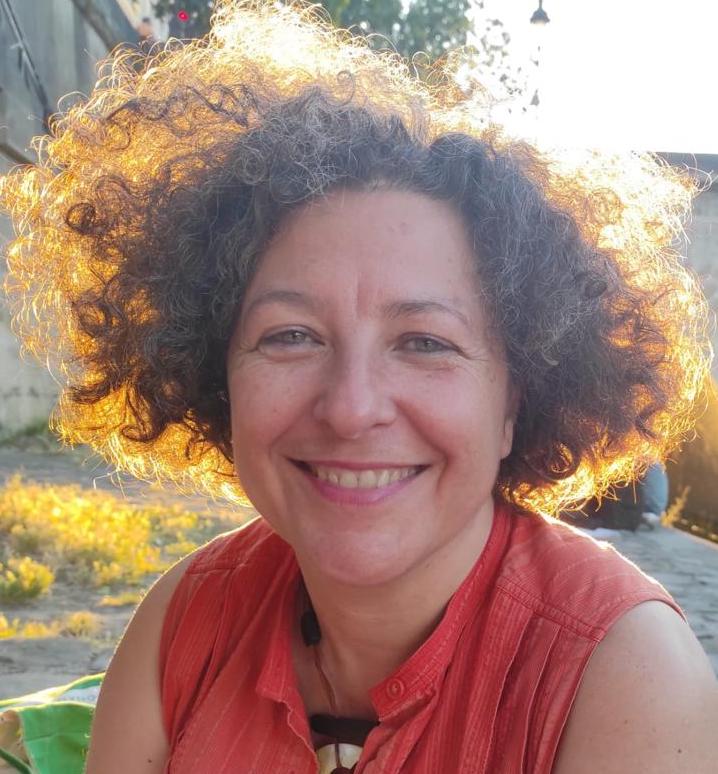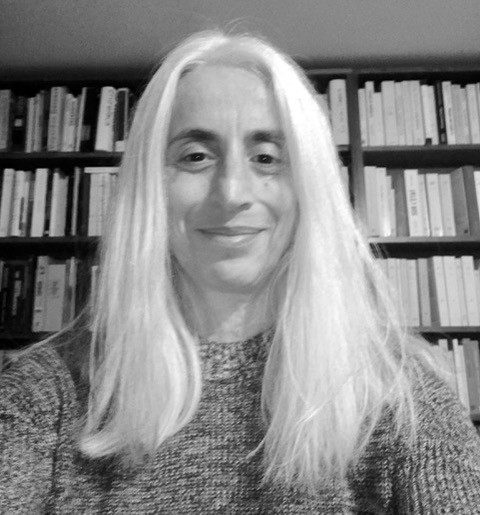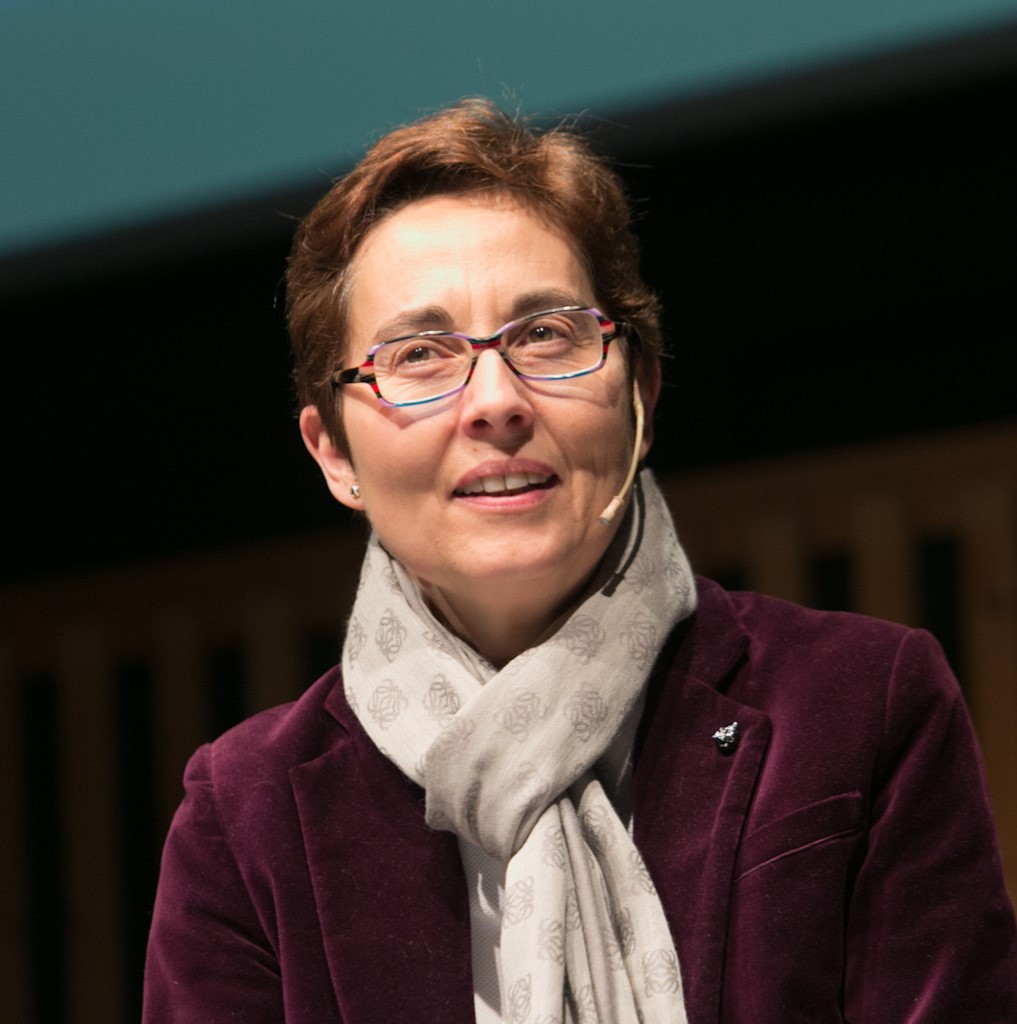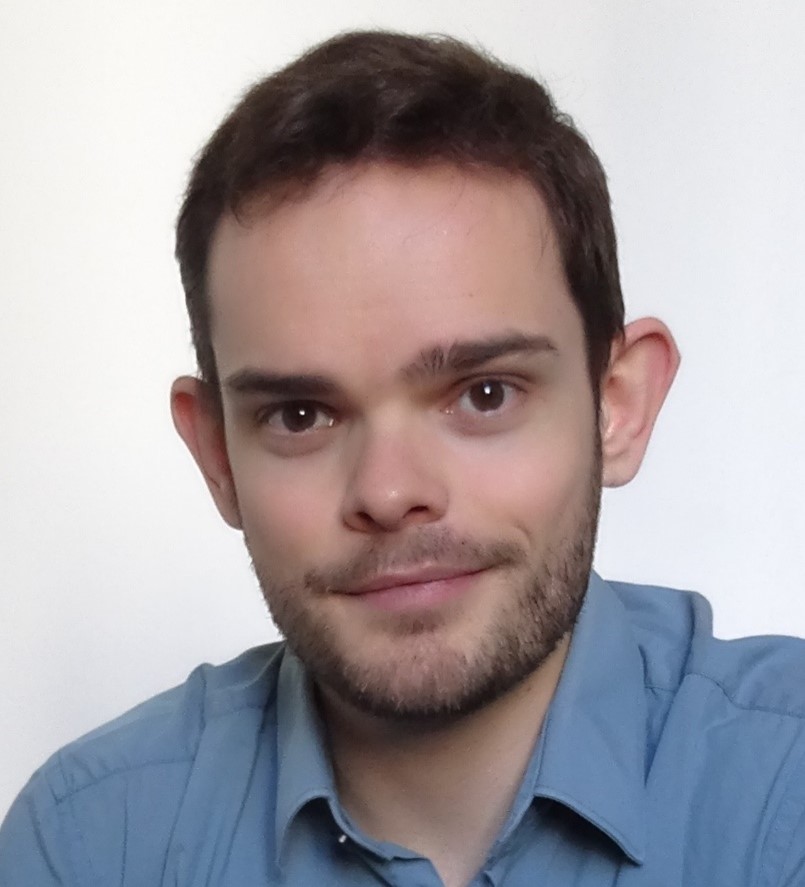
The French National Centre for Scientific Research is among the world’s leading research institutions. Its scientists explore the living world, matter, the Universe, and the functioning of human societies in order to meet the major challenges of today and tomorrow. Internationally recognised for the excellence of its scientific research, the CNRS is a reference in the world of research and development, as well as for the general public.

Béatrice is a member of the Research Center on Mediations UR 3476, and MSH Lorraine USR CNRS for the duration of the ARENAS Project.
Her research, developed mainly in the field of discourse analysis, verbal interaction and pragmatic focus on verbal violence, political speeches, gender studies and intercultural studies field. These different areas of research are often carried out using an interdisciplinary approach.
She is the WP5 leader in the ARENAS project, focusing on mediation and remediation. As such she leads and coordinates the different tasks of the WP and takes part more especially in the analysis of language strategies of social and institutional actors in the face of extremist narratives regarding gender issues. The Aim of WP5 is to be able to raise awareness, create prevention and (re) mediation measures and tools for education on otherness and tolerance with social actors and propose recommendations to policymakers and civil society to counter the extremist narratives.
Her work and publications can be found here and through other links as well (underneath)

Caroline specializes in the politicization of issues of gender, race and migration in contemporary political and scientific debate.
She is a member of WP 3 in the ARENAS project, examining the circulation of extremist narratives. She is a member of the French team for task 3.2 which is devoted to the historical roots of extremist narratives in European national contexts. She will focus mainly on the genealologies and circulations of transphobic discourses, drawing on the French archives of the Institut National de l’Audiovisuel.
A link to some of her published work related to the ARENAS project can be found here.

She specializes in the description of synchronous verbal interactions in the classroom, from which she describes the phenomena of rising verbal tension and negotiation (crystallization or de-escalation of verbal tension). In this context, she questions the transmission of discursive and linguistic practices from teacher to pupil, broadening her field of study to include verbal interactions in and out of tension. This work has led her to question the linguistic processes that give rise to hatred and the possible responses to be provided, notably through the study of alternative discourses. As a member of WP5, she is studying children’s literature in France and Spain as a means of promoting gender equality in elementary school (pupils aged 3 to 10), and how it can be used in the classroom to combat discrimination (mainly gender stereotypes). This job involves taking part in work in the French field, analyzing data and contributing to the production of a report on the findings. A link to her published work can be found here.

Martha is a member of WP5 in the ARENAS project, focusing on gender issues. As a specialist in language and literature, she will seek to identify innovative representations in language uses and circulating discourses that can help to change reality. A link to her publications and CV can be found here.

Samuel specialises in critical discourse analysis and ethnography of social domination processes. He is a member of WP2 in the ARENAS project, examining the characterisation and detection of extremist narratives. As Leader of Task 2.5 he will lead a team seeking to achieve a comprehensive understanding of ideological radicalization leading to the endorsement of extremism via extremist narratives. This work involves overseeing fieldwork, data analysis and the production of a report on the findings. A link to his published work can be found here.

Louise is particularly interested in issues of violence, either explicit or implicit, and how to identify/prevent/remediate them through an interdisciplinary approach. As a member of WP5 in the ARENAS project, she’s writing her thesis on the mediation and remediation of extremist narratives in a European perspective with a focus on gender. Part of her work involves evaluating existing strategies to tackle gender discrimination, conducting surveys to identify brakes and levers to counter extremist narratives in education, and the preparation of fieldwork with young audiences.